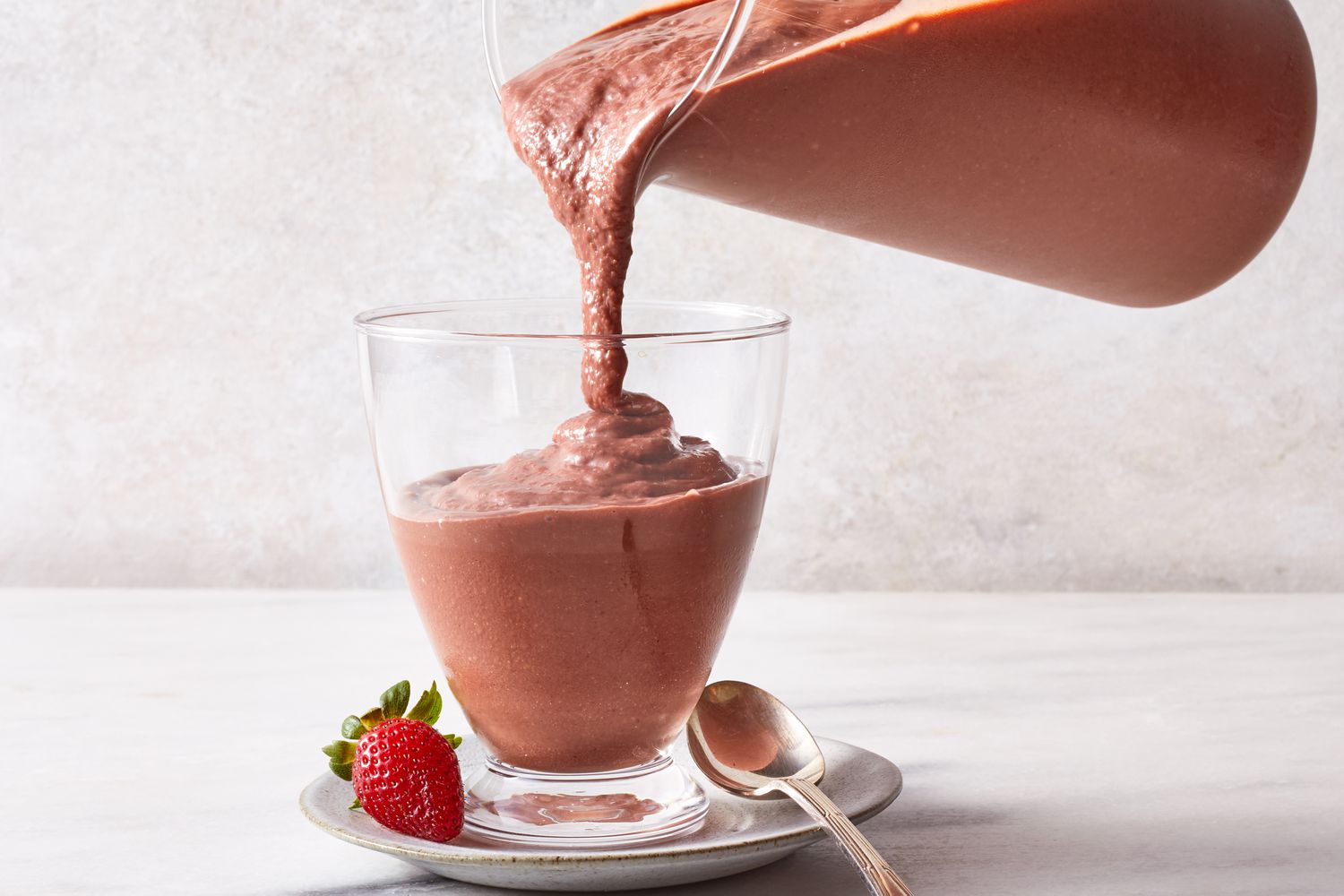
As a sports dietitian, the No. 1 mistake I see most active folks make is skipping a pre- and post-workout snack. This one habit can drastically boost your performance during exercise—and speed up recovery afterward. (So your body can be ready for the next workout!)
Fueling up around workouts is not a strategy just for the pros. It is for anyone who is regularly active or training for an event or sport. Doing so can give you the energy needed to power through an extra set, hit a new speed record or push through the final mile. Think of your body like a car, where pre-workout snacks top off the tank and post-workout snacks refuel it.
So if you are an avid gym-goer, a member of a volleyball league or training for a 10K race, you may benefit from a pre- and post-exercise fuel-up. Here’s what you need to know.
Snacks to Eat Before a Workout
About 30 to 60 minutes prior to exercise, grab a carbohydrate-rich snack that’s low in protein, fiber and fat. Carbs quickly provide glucose to supply energy to muscles. Protein, fiber and fat, however, slow digestion, which can affect how quickly the energy is available to you; these nutrients can also cause unpleasant gastrointestinal side effects during exercise.
Pre-workout snacks are especially important if you have not eaten recently or plan to be active for at least 45 minutes. For a quick 30-minute walk or low-intensity activity like yoga or golf, you can skip the pre-workout bite. (Unless you are hungry, of course!)
Watermelon
Watermelon is the ultimate thirst-quencher. This juicy fruit is 92% water, providing hydration before you begin to sweat, and a 2-cup serving packs 23 grams of easy-to-digest carbs, per the USDA. Watermelon is also a rich source of L-citrulline, an amino acid that improves blood and oxygen flow to working muscles. A 2020 review published in the Journal of Strength and Conditioning Research found that supplementing with L-citrulline 60 to 90 minutes prior to exercise enhanced performance and decreased muscle soreness post-workout.
Enjoy watermelon by the slice, blend up some DIY Watermelon Juice or sprinkle slices with zest, like in our Watermelon with Lime recipe.
Raisins
Do not underestimate the power of these pantry staples. Raisins are compact, carb-dense nuggets that provide serious workout fuel. A handful (or about a ¼-cup serving, per the USDA) contains 129 calories, 34 grams of energy-boosting carbs and a few essential micronutrients, such as iron. Raisins are a nutritious, just-as-effective alternative to sports gummies or gels, suggests a 2023 review published in Nutrients. Tuck a baggie or box in your gym bag or car and nosh on them prior to any workout.
Bananas
Sweet, portable and simple to digest, bananas are popular among athletes. Bananas provide a solid source of carbs and potassium, supplying energy and helping prevent muscle cramps. Similar to sports drinks, bananas contain multiple sugars, including glucose, fructose and sucrose. According to the Australian Institute of Sport, the benefit of consuming multiple types of sugars is that they can reach your muscles faster (versus a single type of sugar), and the combo can minimize stomach upset, making a banana an effective source of carbs pre-workout. So go ahead and peel a banana for some pre-workout power.
Snacks to Eat After a Workout
Both cardio and strength workouts deplete your carb (glycogen) reserves, so your recovery snack should be a mix of both carbs and protein. Protein provides muscles with amino acids to facilitate muscle repair.
Cottage Cheese
Cottage cheese is the ultimate post-sweat-sesh snack. A ½-cup serving of low-fat cottage cheese packs 14 grams of muscle-building protein, as well as 1.4 grams of leucine, an amino acid that triggers muscle protein synthesis (needed for muscle gains). Cottage cheese naturally contains sodium, an electrolyte lost in sweat, which is especially important for people who are exercising in hot, humid weather or pushing through long workouts.
Enjoy a cup on its own, whip up our Cottage Cheese with Raspberry Honey or or take our Cottage Cheese Snack Jar with you on the go.
Fruit Smoothies
There are endless concoctions you can whirl up in your blender, and a smoothie is an easy way to rehydrate and feed your muscles with recovery-boosting ingredients. A 2019 study published in Sports Medicine found that consuming fruit compounds called polyphenols, which have antioxidant and anti-inflammatory properties, enhances recovery after bouts of intensive exercise. Try apples, citrus fruits, cherries, berries, pomegranate or mango. Cocoa contains these polyphenols, too. Need smoothie inspo? Try our Strawberry-Chocolate Smoothie, Chocolate-Peanut Butter Protein Shake or Cherry-Berry Smoothie Bowl.
Chocolate Milk
Chocolate milk has long been touted as liquid gold for recovery. Research even suggests it could be the ultimate thirst quencher. A 2020 study published inNutrients found milk to be more hydrating than plain water, since milk can help replenish major electrolytes lost in sweat. Chocolate milk also contains the ideal ratio of carbs to protein, helping to restore depleted glycogen stores and rebuild muscles.
The Bottom Line
Looking for ways to improve in the gym, on the bike or on a run? Don’t skimp on the snacks. Having a small bite to eat before and after your workout, such as a piece of fruit or glass of chocolate milk, provides necessary fuel to power through your workout, boost performance and enhance recovery.
